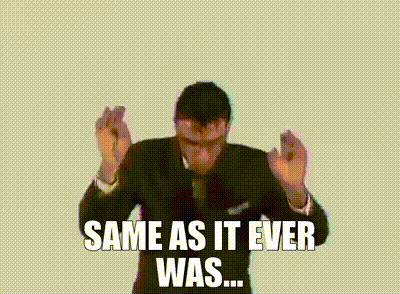QUESTION:
Will the Catholic Church allow married priests in the Western Latin rite? Should It?
THE RELIGION GUY’S ANSWER:
The new year began with the surprise revival of this perennial issue by a prominent Catholic insider who asserted that the mandate for priests to be unmarried and celibate “was optional for the first millennium of the Church’s existence and it should become optional again.”
This came in a media interview with Archbishop Charles Scicluna, 63, named by Pope Francis in 2015 to lead the church in the nation of Malta. As he indicated, celibacy for all priests, not just those under vows in religious orders, was not made an absolute rule till the Second Lateran Council in A.D. 1139. Back then, one reason was to stop corrupt bishops from handing sons their lucrative posts.
Catholicism is the only branch of Christianity that imposes this requirement.
Sciclina is an especially influential figure due to his 2018 appointment by Francis to a second post as Adjunct Secretary of the Vatican’s all-important agency on doctrine. Over the years, the Vatican has also entrusted the archbishop, who holds doctorates in both secular and canon law, to prosecute delicate cases of sexual abuse by priests.
As Scicluna noted, the Catholic Church has long welcomed priests who marry prior to ordination in its Oriental and Eastern Rite jurisdictions, centered in Ukraine, India, Lebanon and in the Mideast. Such is also the tradition in Eastern Orthodoxy, which ordains married men, but requires celibacy for bishops. (Catholicism occasionally ordains married Protestant ministers who convert, such as Anglicans and Lutherans.)
The archbishop asked, “Why should we lose a young man who would have made a fine priest just because he wanted to get married? And we did lose good priests just because they chose marriage.” He said “experience has shown me this is something we need to seriously think about.” For one thing, some priests cope with the rule “by secretly engaging in sentimental relationships” and “we know there are priests around the world who also have children.” Therefore “if it were up to me I would revise the requirement.”
Was Scicluna nudging delegates who next October will attend the second and final session of Pope Francis’s Synod of Bishops at the Vatican?










